Growing inequality and exclusion around the world are resulting in destabilization, creating security risks, and damaging U.S. interests. Across the United States, polarizing discourse, deepening inequalities, and disparate treatment of different subpopulations create vulnerabilities, reduce U.S. influence, and limit U.S. foreign policy’s effectiveness. International affairs schools help shape the next generation of national security leaders, but they risk contributing to America’s continued vulnerability by failing to address the security implications of diversity, equity, and inclusion. Speakers, Miguel Centeno of Princeton University and Carla Koppell of Georgetown University, discuss transforming international affairs education to address diversity, equity, and inclusion. Additional reading: Carla Koppell,…
Pres. Trump 45-47 MAGA
Select Your Language !
Help Keep HO1 Safe and Online
✔️ Start Here – Direct Link
Social HO1.us
Subscribe to HO1 NewsLetter
Text & Video Translator
- HO1
- We The People
- Breaking
- DS & Fraud
- 🔱 Topics
- 🛡️ JUST IN – Classified
- 🔆 ANALYSIS
- 🔔 Politics
- 💰 Economy – Finance
- Free Access Posts
- Must Read and Watch
- 🦅 ARCHIVES
- ⚔️ DefCon 1
- World
- About
- ✔ Your Account
- HO1
- We The People
- Breaking
- DS & Fraud
- 🔱 Topics
- 🛡️ JUST IN – Classified
- 🔆 ANALYSIS
- 🔔 Politics
- 💰 Economy – Finance
- Free Access Posts
- Must Read and Watch
- 🦅 ARCHIVES
- ⚔️ DefCon 1
- World
- About
- ✔ Your Account


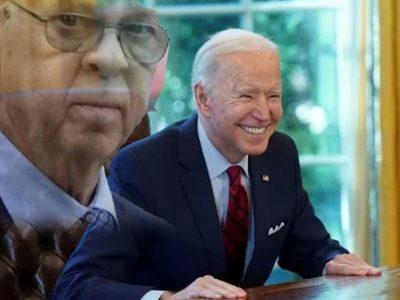
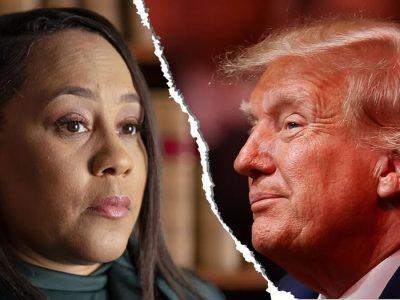





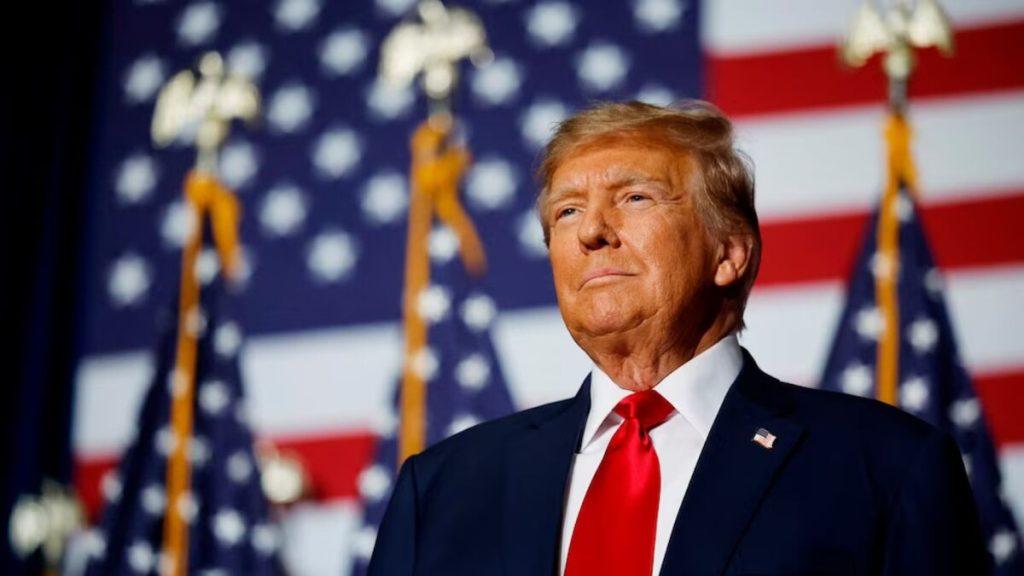

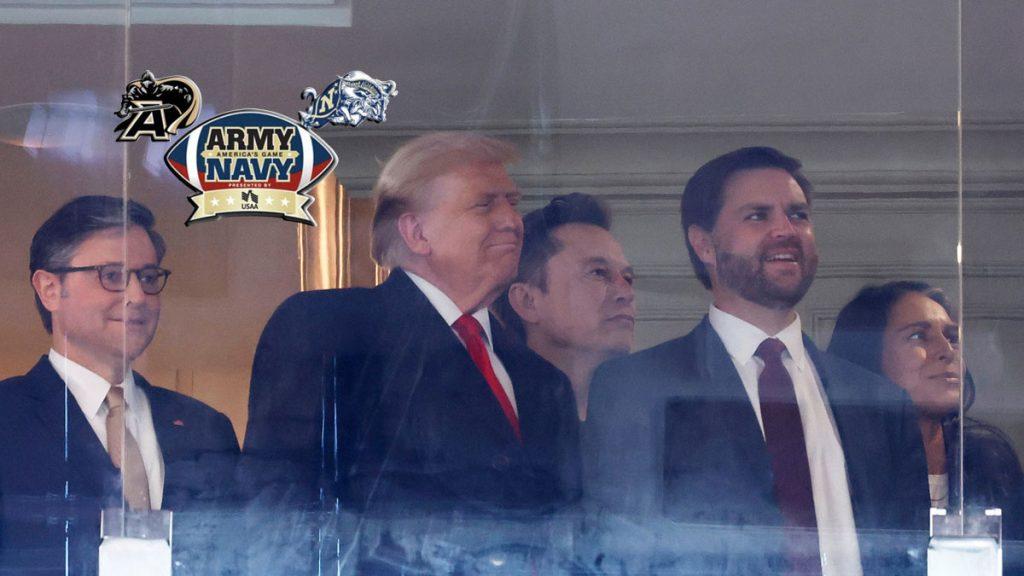
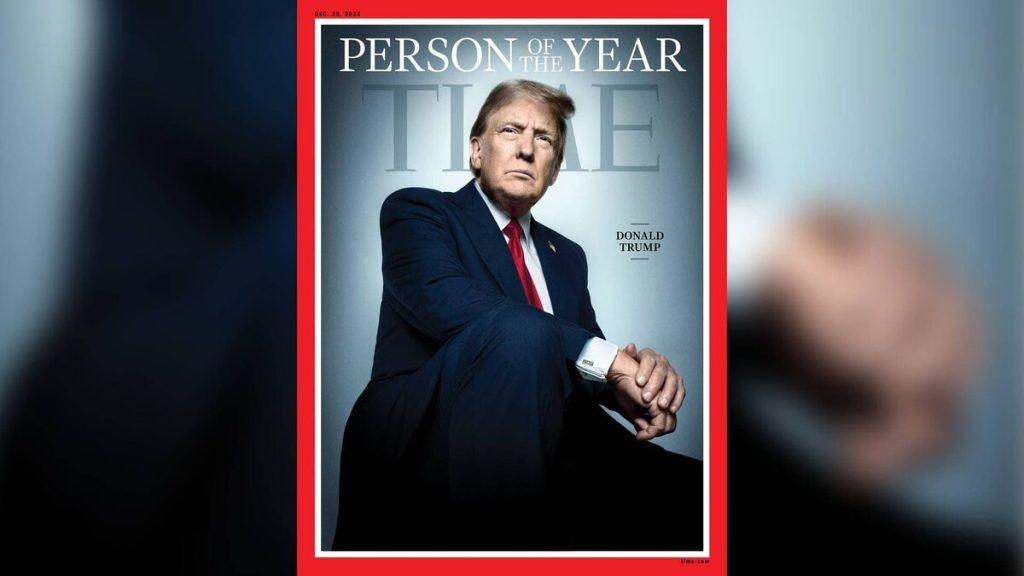






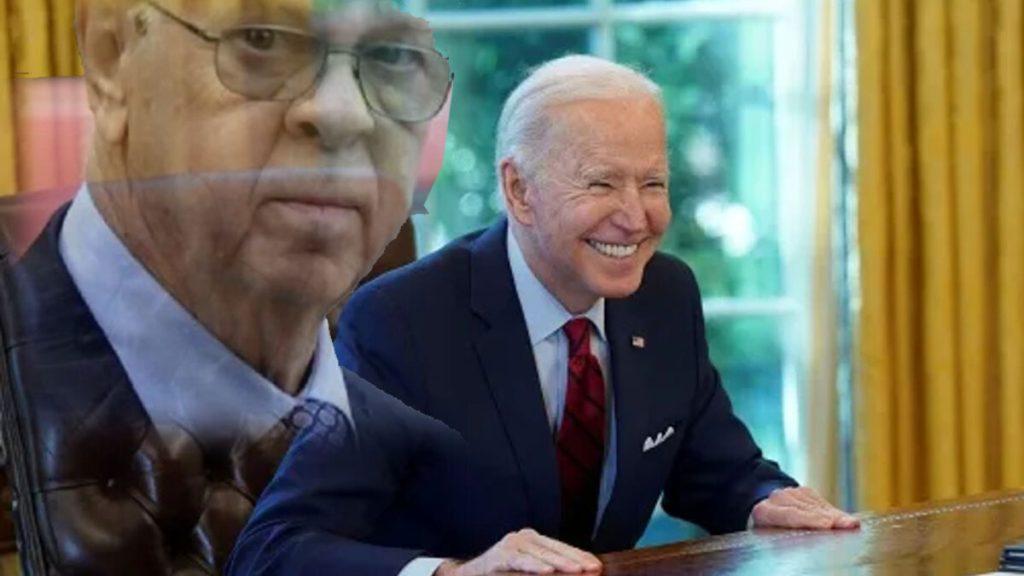



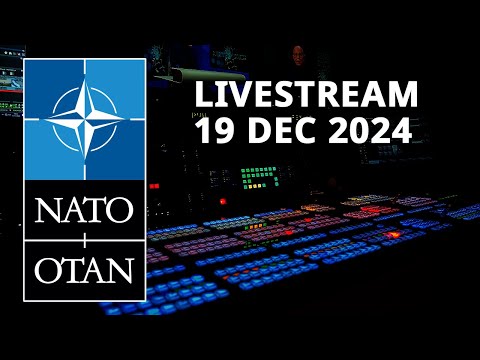
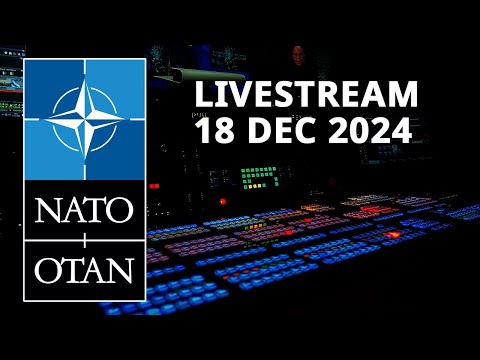











Comments